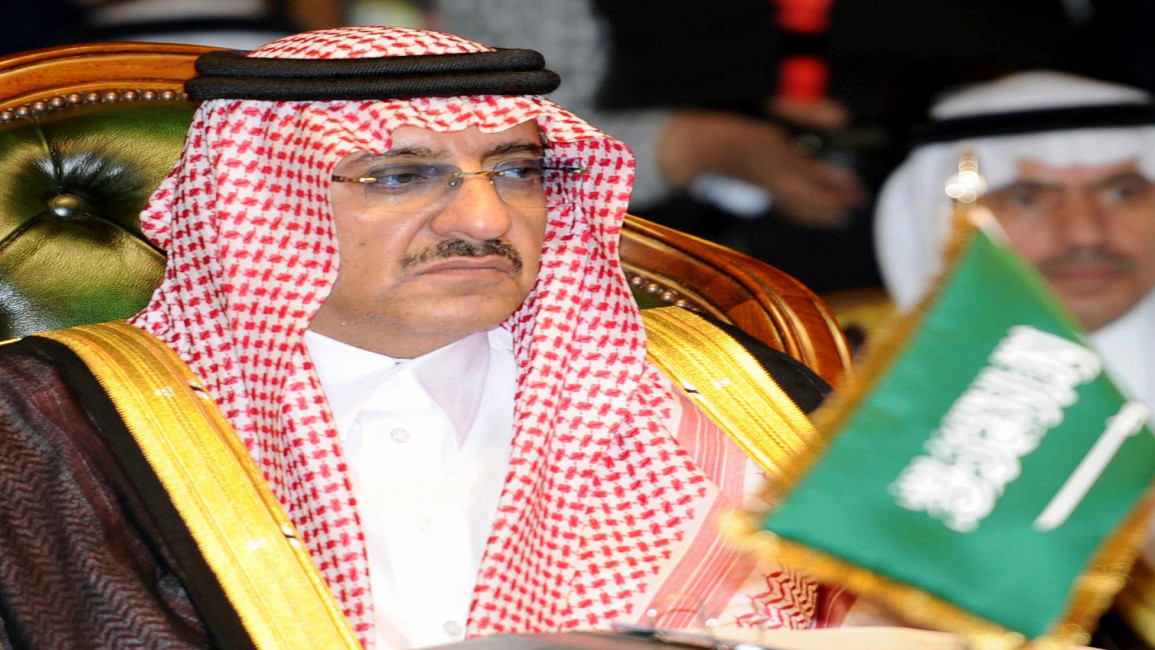Saudi leadership shakeup heralds significant regional changes
The handling of the Saudi-led coalition in Yemen led to the appointment of Prince Muhammed bin Nayef as Saudi crown prince and Prince Muhammed bin Salman as deputy crown prince, the chairman of the Middle East Centre for Strategic and Legal Studies (MECSLS) has said.
“After the success of the two princes [bin Nayef and bin Salman], the Saudi king [Salman] was encouraged to take this step,” Anwar Eshki said.
“Every phase has its men, and bin Salman and bin Nayef are the right men for the post-Decisive Storm phase,” he added, referring to the coalition's name for the initial airstrikes against rebel targets in Yemen.
The decision by King Salman to replace Prince Muqrin bin Abdelaziz with bin Nayef is historic as it is the first time that a grandson of Saudi Arabia's first king, Abdelaziz al-Saud, has been appointed as crown prince, but the early hours announcement raised eyebrows as to how much of the royal family was actually on board with the decision.
Yet Eshki said that the timing was not particularly strange for Saudi Arabia.
“It is well known in Saudi Arabia for important decisions to be issued at dawn, as happened with the decisin to launch Decisive Storm,” he said. “This follows the saying of the Prophet Muhammed 'May God bless my people during the early hours of the day'.”
Meanwhile, Saudi journalist Jamal Khashoggi was of the opinion that the changes would guarantee stable governance in Saudi Arabia for the next 40 years.
“The changes deal with an old problem in Saudi Arabia, which is the succession of elderly rulers during the past decade,” said Khashoggi. “Thus, the new changes brought two new generations of rulers, which means the Kingdom's rule will remain stable for the next 40 years.”
Khashoggi believes that the changes came in line with the major shift in Saudi Arabia's foreign policy, particularly with the beginnign of Operation Decisive Storm, which aimed to defeat the Houthis and Yemen's former president Ali Abdullah Saleh.
On the other hand, informed Saudi sources said that the airstrikes in Yemen were a sign of things to come in the region, especially in Syria, adding that a Decisive Storm-type operation had already begun against the Syrian regime, carried out by Syrians with Arab and Turkish military support. Islamist rebel groups have been able to advance in northern Syria in recent weeks.



